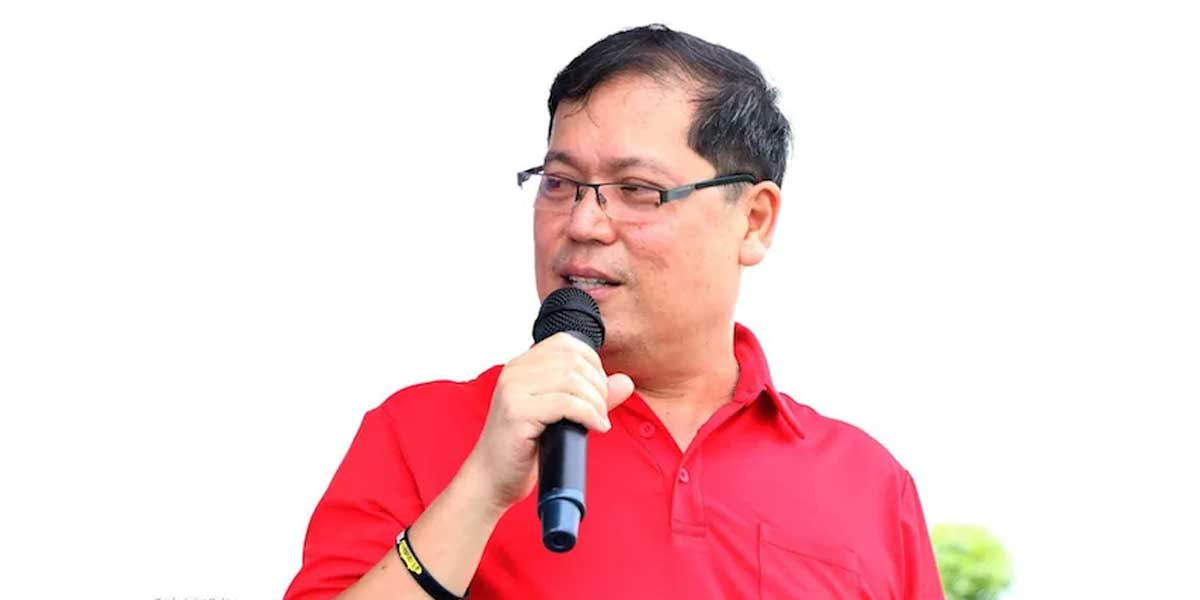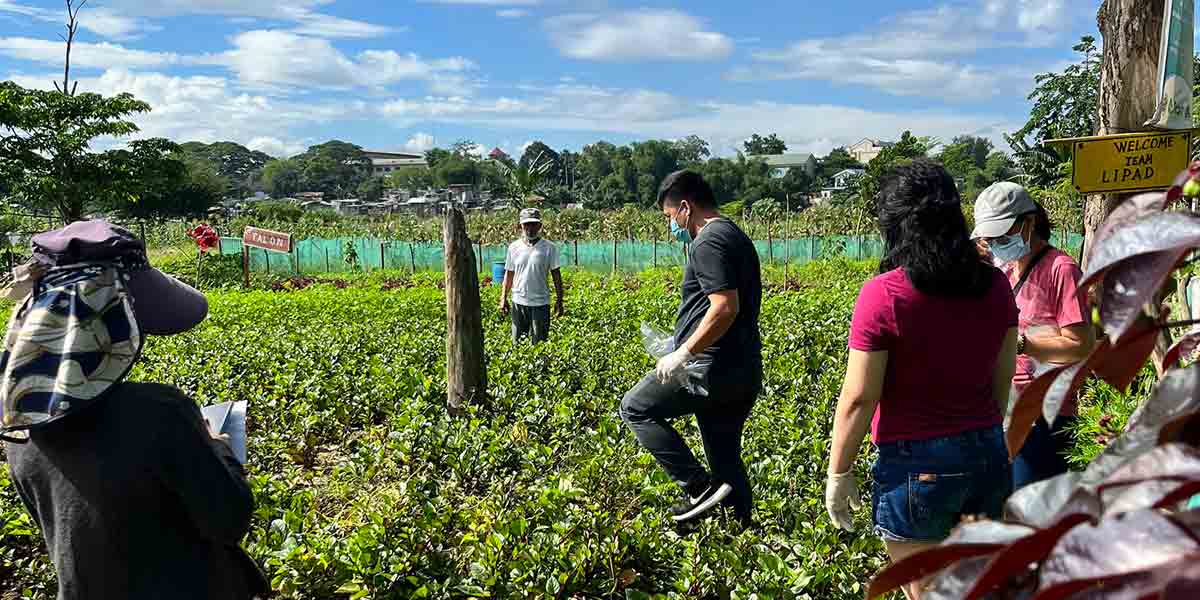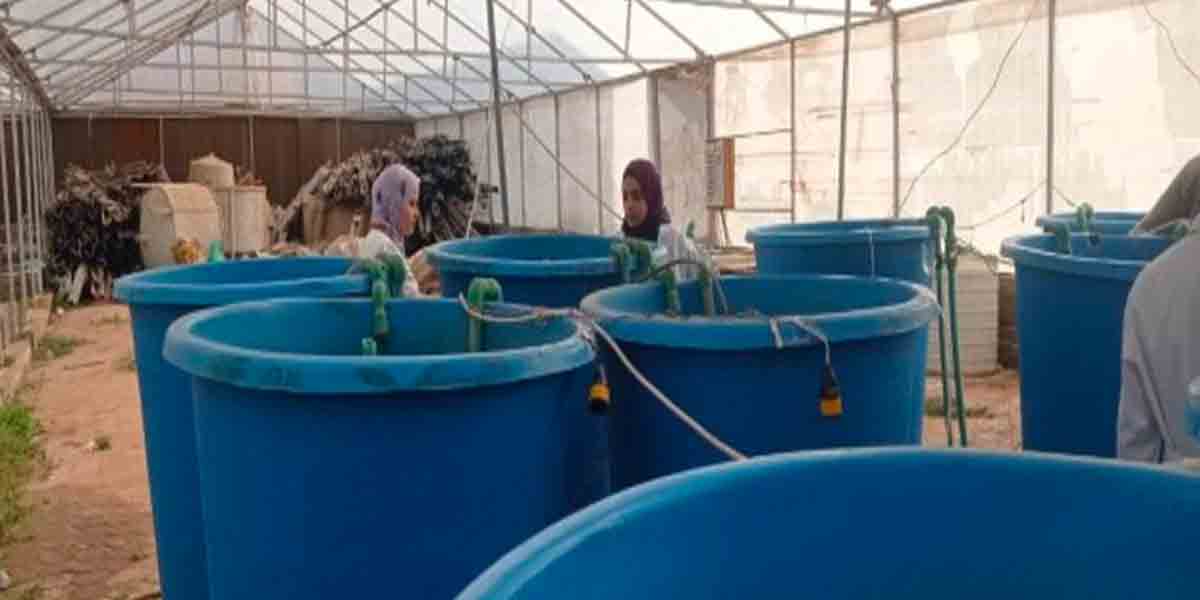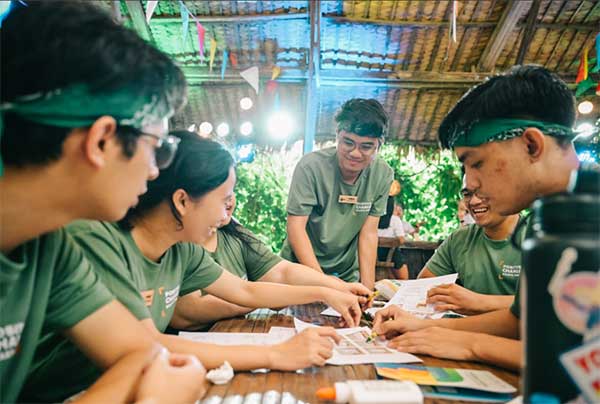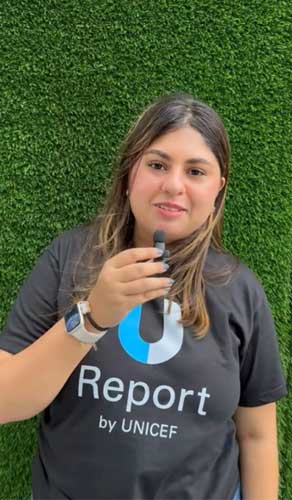Climate change, education, health, and jobs are the top concerns for nearly 3,000 young people in the Philippines, who took part in the latest U-Report poll, organized by the United Nations.
About 26 per cent of young people in the country believe that “climate change and natural disasters” will be the biggest problem they’ll face in the future while 23 per cent are worried about not “being able to finish their education.”
“Health (physical and mental)” and “finding a job” are also major concerns, identified by 22 per cent.
U-Report is a digital community, powered by UNICEF, for young people, by young people, where they can raise their voices and share opinions on topics that matter to them.
It empowers the youth to find out about issues that affect them and take action to influence their leaders.
The key findings were released before the upcoming Summit of the Future 2024 in New York on 22-23 September.
It is a once-in-a-generation summit where advocates and leaders from across the globe discuss and draw up a consensus—a “Pact for the Future”—on what the world should do today to safeguard tomorrow.
Youth’s perspective on national issues
Young people see the lack of entry-level jobs (33 per cent) and the current economic conditions (26 per cent) as their two biggest obstacles in getting a job or starting a business in the future.
Other concerns are the lack of access to quality education (20 per cent) and the disruption AI technology has brought and can bring (18 per cent).
The same issues surface when asked, in an open-ended question, what they will do as President of the Philippines to build a better future.
Education, health, and economy figure in most of the answers asking the government to prioritize these critical issues.
Other national issues mentioned extensively are corruption, agriculture, poverty, and the environment.
What gives them hope
While youth are split on whether the future generation is “worse off” or “better off” (44 per cent vs 37 per cent) they do see the value that rapid technological innovations and democratic access to information can bring.
They also find hope in how young people now are getting more and more involved in global issues. In fact, more than 80 per cent of the respondents believe that the work of the United Nations is important in creating a better world.
“Our generation is passionate about making a difference. We make noise and initiate movements for social change, from racial justice to climate action. We use social media to raise awareness,” writes one survey participant.
Another writes: “The fighting spirit of young Filipinos gives me hope that someday, our lives will be better.”
UN Philippines Resident Coordinator Gustavo Gonzalez lauded the commitment and contributions of children and young people in the Philippines. He sees their value as genuine partners of the United Nations.
“I want to thank every young person who is making their voice heard for an inclusive and sustainable world. New generations are bringing a reinvigorated sense of solidarity and a compelling call for collective action. Both are essential to build the future we want,” he said.
“The U-Report findings reveal the sobering, yet hopeful outlook young people have about their prospects for the future. We should listen to what they have to say and work together to address these issues so that every child is cared for, protected, and given a fair chance in life,” said UNICEF Representative to the Philippines Oyunsaikhan Dendevnorov. UNICEF will celebrate their fervent voices this November20, World Children’s Day.



